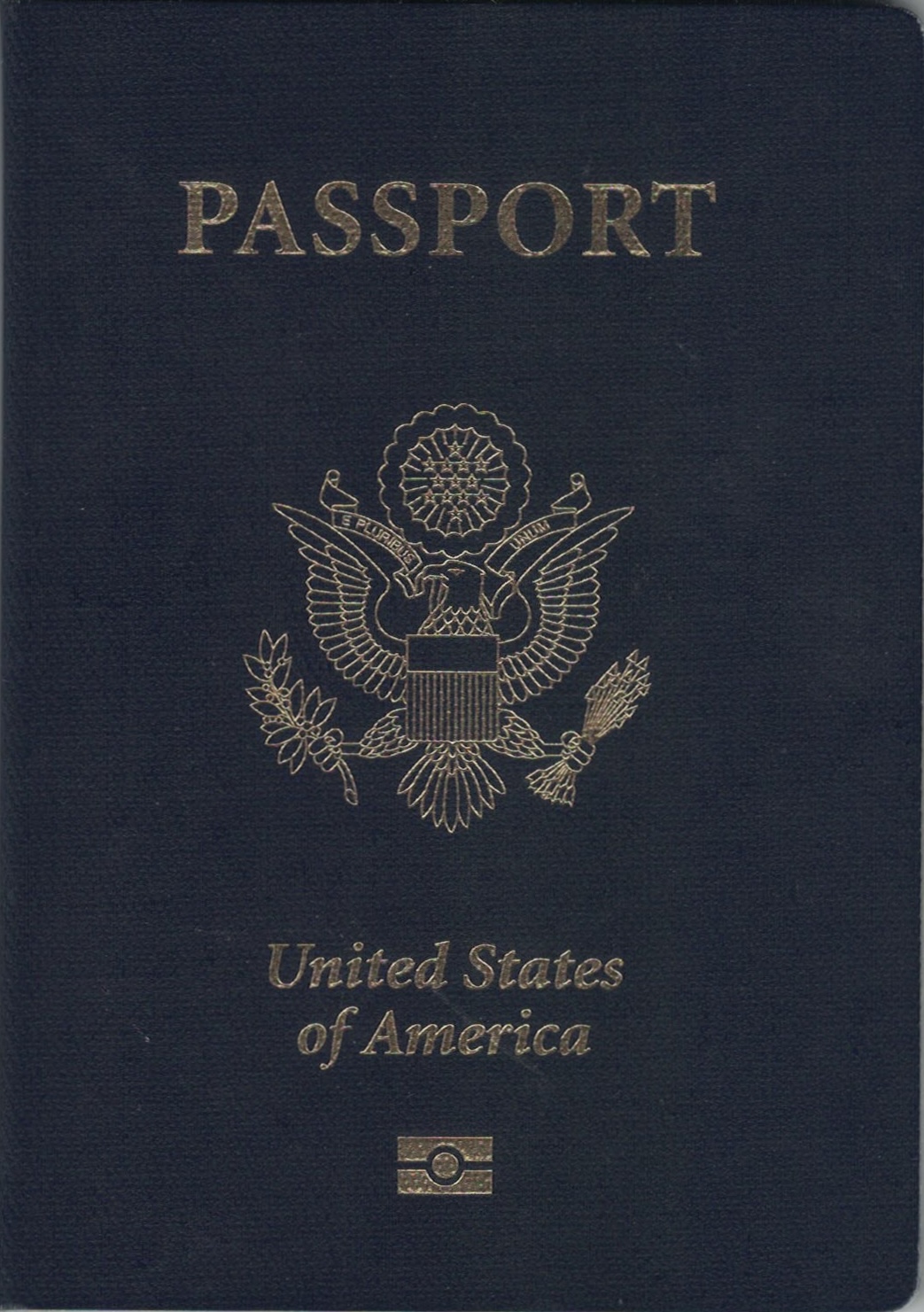|
So Help Me God
"So help me God" is a phrase often used to give an oath, and most commonly optional as part of an oath of office. It is also used in some jurisdictions as a form of oath for other forms of public duty, such as an appearance in court, service as a juror, etc. The essence of the phrase is to emphasize that one means what one is saying or has said. It therefore implies greater care than usual in the act of the performance of one's duty, such as in testimony to the facts of the matter in a court of law. It also implies a greater degree of seriousness and obligation than is usually assigned to common conversation. Australia In Australia the Oath of Allegiance is available in two forms, only one of which contains the phrase "So help me God!" Canada In Canada, the Oath of Office, Oath of Allegiance, and Oath of Members of the Privy Council may be sworn, and end in "So help me God." They may also be solemnly affirmed, and in such case the phrase is omitted. Fiji The Constitution of ... [...More Info...] [...Related Items...] OR: [Wikipedia] [Google] [Baidu] |
Oath
Traditionally an oath (from Anglo-Saxon ', also called plight) is either a statement of fact or a promise taken by a sacrality as a sign of verity. A common legal substitute for those who conscientiously object to making sacred oaths is to give an affirmation instead. Nowadays, even when there is no notion of sanctity involved, certain promises said out loud in ceremonial or juridical purpose are referred to as oaths. "To swear" is a verb used to describe the taking of an oath, to making a solemn vow. Etymology The word come from Anglo-Saxon ' judicial swearing, solemn appeal to deity in witness of truth or a promise," from Proto-Germanic '' *aiþaz'' (source also of Old Norse eiðr, Swedish ed, Old Saxon, Old Frisian eth, Middle Dutch eet, Dutch eed, German Eid, Gothic aiþs "oath"), from PIE *oi-to- "an oath" (source also of Old Irish oeth "oath"). Common to Celtic and Germanic, possibly a loan-word from one to the other, but the history is obscure and it may ultimately b ... [...More Info...] [...Related Items...] OR: [Wikipedia] [Google] [Baidu] |
Justices
A judge is a person who presides over court proceedings, either alone or as a part of a panel of judges. A judge hears all the witnesses and any other evidence presented by the barristers or solicitors of the case, assesses the credibility and arguments of the parties, and then issues a ruling in the case based on their interpretation of the law and their own personal judgment. A judge is expected to conduct the trial impartially and, typically, in an open court. The powers, functions, method of appointment, discipline, and training of judges vary widely across different jurisdictions. In some jurisdictions, the judge's powers may be shared with a jury. In inquisitorial systems of criminal investigation, a judge might also be an examining magistrate. The presiding judge ensures that all court proceedings are lawful and orderly. Powers and functions The ultimate task of a judge is to settle a legal dispute in a final and publicly lawful manner in agreement with substantial ... [...More Info...] [...Related Items...] OR: [Wikipedia] [Google] [Baidu] |
Jury
A jury is a sworn body of people (jurors) convened to hear evidence and render an impartial verdict (a finding of fact on a question) officially submitted to them by a court, or to set a penalty or judgment. Juries developed in England during the Middle Ages and are a hallmark of the English common law system. As such, they are used by the United Kingdom, the United States, Canada, Ireland, Australia, and other countries whose legal systems were derived from the British Empire. But most other countries use variations of the European civil law or Islamic sharia law systems, in which juries are not generally used. Most trial juries are " petit juries", and usually consist of twelve people. Historically, a larger jury known as a grand jury was used to investigate potential crimes and render indictments against suspects. All common law countries except the United States and Liberia have phased these out. The modern criminal court jury arrangement has evolved out of the medi ... [...More Info...] [...Related Items...] OR: [Wikipedia] [Google] [Baidu] |
Al Jazeera
Al Jazeera ( ar, الجزيرة, translit-std=DIN, translit=al-jazīrah, , "The Island") is a state-owned Arabic-language international radio and TV broadcaster of Qatar. It is based in Doha and operated by the media conglomerate Al Jazeera Media Network. The flagship of the network, its station identification, is ''Al Jazeera.'' The patent holding is a "private foundation for public benefit" under Qatari law. Under this organizational structure, the parent receives funding from the government of Qatar but maintains its editorial independence. In June 2017, the Saudi, Emirati, Bahraini, and Egyptian governments insisted on the closure of the entire conglomerate as one of thirteen demands made to the Government of Qatar during the Qatar diplomatic crisis. The channel has been criticised by some organisations as well as nations such as Saudi Arabia for being "Qatari propaganda". Etymology In Arabic, ' literally means "the island". However, it refers here to the Arab ... [...More Info...] [...Related Items...] OR: [Wikipedia] [Google] [Baidu] |
United States Uniformed Services Oath Of Office
All officers of the eight uniformed services of the United States swear or affirm an oath of office upon commissioning. It differs from that of the oath of enlistment that enlisted members recite when they enter the service. It is required by statute, the oath being prescribed by Section 3331, Title 5, United States Code. It is traditional for officers to recite the oath upon promotion but as long as the officer's service is continuous this is not required., ''Acceptance of promotions; oath of office''. Text of the Oath The oath is for an indeterminate period; no duration is specifically defined. Officers of the National Guard of the various States, however, take an additional oath: Commissioned officers O-1 (second lieutenant or ensign) through O-10 (general or admiral) and W-2 through W-5 (chief warrant officers) are commissioned under the authority of the President of the United States with the advice and consent of the United States Senate; warrant officers (W-1) recei ... [...More Info...] [...Related Items...] OR: [Wikipedia] [Google] [Baidu] |
Oath Of Enlistment
The oath of enlistment is a military oath made by members of the United States armed forces who are not commissioned officers. Description Upon enlisting in the United States Armed Forces, each person enlisting in an armed force (whether a soldier, Marine, sailor, airman, or Coast Guardsman) takes an ''oath of enlistment'' required by federal statute in . That section provides the text of the oath and sets out who may administer the oath: Army Regulation 601-210, Active and Reserve Components Enlistment Program provides that: There is no duration defined in the Oath itself. The term of service for each enlisted person is written on the DD Form 4 series, the contract which specifies the active-duty or reserve enlistment period. For a first-time enlistee, this varies from two to six years,which can be a combination of active duty and time spent in a reserve component, although enlisted reservists are subject to activation until the end of the eight-year initial military obl ... [...More Info...] [...Related Items...] OR: [Wikipedia] [Google] [Baidu] |
United States Citizen
Citizenship of the United States is a legal status that entails Americans with specific rights, duties, protections, and benefits in the United States. It serves as a foundation of fundamental rights derived from and protected by the Constitution and laws of the United States, such as freedom of expression, due process, the rights to vote (however, not all citizens have the right to vote in all federal elections, for example, those living in Puerto Rico), live and work in the United States, and to receive federal assistance. There are two primary sources of citizenship: birthright citizenship, in which persons born within the territorial limits of the United States are presumed to be a citizen, or—providing certain other requirements are met—born abroad to a United States citizen parent, and naturalization, a process in which an eligible legal immigrant applies for citizenship and is accepted. The first of these two pathways to citizenship is specified in the Citizenshi ... [...More Info...] [...Related Items...] OR: [Wikipedia] [Google] [Baidu] |
Oath Of Citizenship (United States)
The Oath of Allegiance of the United States is the official oath of allegiance that must be taken and subscribed by every immigrant who wishes to become a United States citizen. The Oath of Allegiance of the United States may be administered by any immigration judge or any authorized officer of the United States Citizenship and Immigration Services (USCIS), including by any eligible federal judge. Text The current Oath of Allegiance of the United States is as follows: Modifications According to U.S. regulations, the phrase "so help me God" is optional and that the words ''on oath'' can be substituted with ''and solemnly affirm''. ("Oath of allegiance") According to U.S. Congress, if the prospective citizen is unable or unwilling to promise to bear arms or perform noncombatant military service because of "religious training and belief", he or she may request to leave out those clauses. The law specifies: Qualifying for this modification may require supporting do ... [...More Info...] [...Related Items...] OR: [Wikipedia] [Google] [Baidu] |
Time (magazine)
''Time'' (stylized in all caps) is an American news magazine based in New York City. For nearly a century, it was published Weekly newspaper, weekly, but starting in March 2020 it transitioned to every other week. It was first published in New York City on March 3, 1923, and for many years it was run by its influential co-founder, Henry Luce. A European edition (''Time Europe'', formerly known as ''Time Atlantic'') is published in London and also covers the Middle East, Africa, and, since 2003, Latin America. An Asian edition (''Time Asia'') is based in Hong Kong. The South Pacific edition, which covers Australia, New Zealand, and the Pacific Islands, is based in Sydney. Since 2018, ''Time'' has been published by Time USA, LLC, owned by Marc Benioff, who acquired it from Meredith Corporation. History ''Time'' has been based in New York City since its first issue published on March 3, 1923, by Briton Hadden and Henry Luce. It was the first weekly news magazine in the United St ... [...More Info...] [...Related Items...] OR: [Wikipedia] [Google] [Baidu] |
Morning Edition
''Morning Edition'' is an American radio news program produced and distributed by NPR. It airs weekday mornings (Monday through Friday) and runs for two hours, and many stations repeat one or both hours. The show feeds live from 5:00 to 9:00 AM ET, with feeds and updates as required until noon. The show premiered on November 5, 1979; its weekend counterpart is ''Weekend Edition''. ''Morning Edition'' and ''All Things Considered'' are among the highest rated public radio shows. The show was hosted by Bob Edwards from its inception until it was retooled for a two-anchor format in 2004 with the introduction of Steve Inskeep and Renée Montagne. Montagne left the show in 2016, and was replaced by Rachel Martin. Four regular anchors currently host the show on a rotating basis, including Inskeep and Martin. A Martínez, who hosts from NPR West, joined on July 19, 2021, replacing David Greene who had joined the show in 2012 and hosted his final episode on December 29, 2020. Lei ... [...More Info...] [...Related Items...] OR: [Wikipedia] [Google] [Baidu] |






